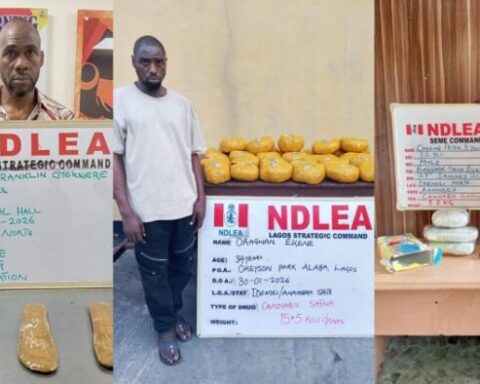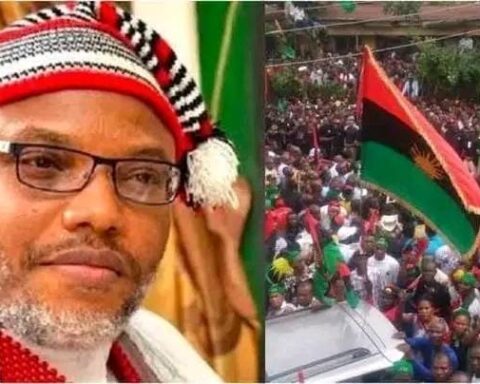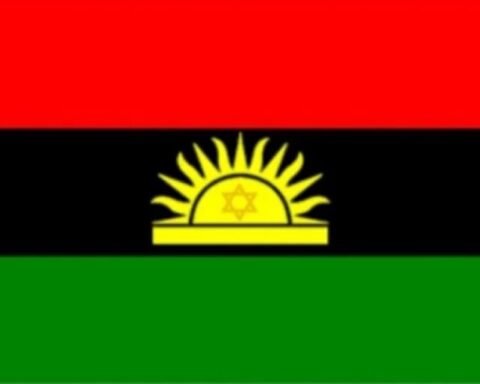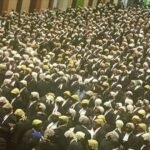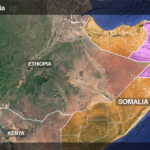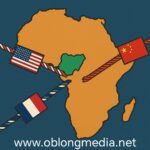By Ademola Tijani
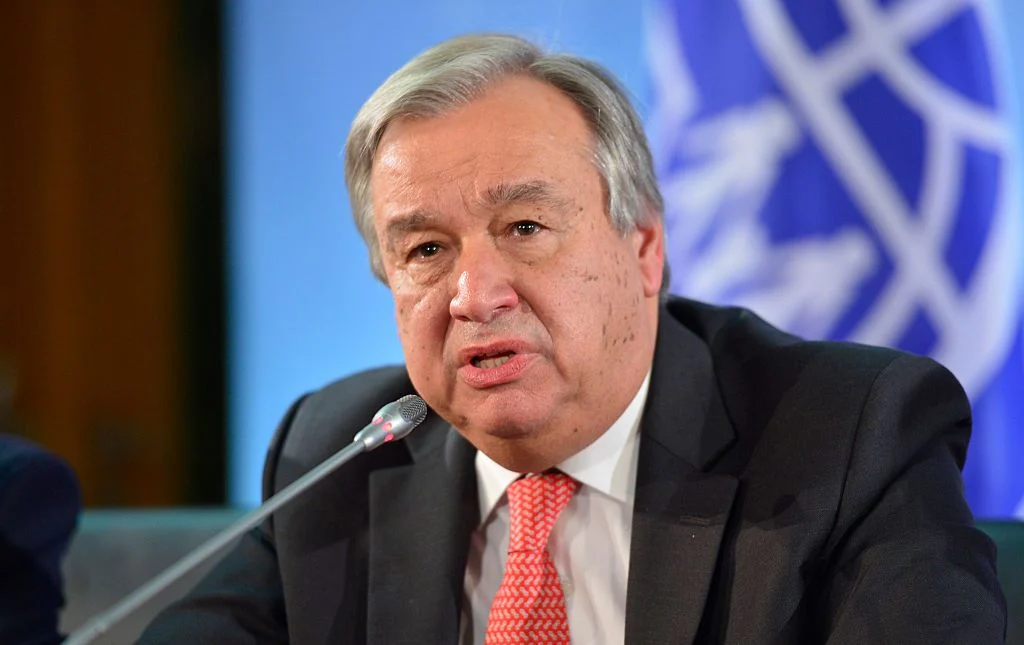
The United Nations (UN) Department of Safety and Security has issued a warning that the planned protests in Nigeria could be taken over by groups with ulterior motives.
Recent reports indicate that various Nigerian groups are planning a nationwide protest from August 1 to 10, called “10 days of rage,” to address the country’s soaring cost of living and economic hardship.
In a threat and risk assessment dated July 19, the UN expressed concerns about the potential for violence, referencing past instances where similar protests in Nigeria escalated.
“Recall that in the February 13–16, 2023 interval, tensions generated by the scarcity of new Naira currency (financial crisis) reached high levels among the civilian population, resulting in violent protests in the Southwest, South-East and South-South regions of Nigeria, including the states of Akwa Ibom, Delta, Edo, Imo, Kwara, Lagos, Ondo, Ogun, Oyo, and Rivers,” the assessment reads.
“During the civil unrest in these states, several bank branches and ATM points were vandalized, and major roads were blocked. As the turnout for the ’10 days of rage’ protest is expected to be high, large-scale disruptions to normal economic and social activities cannot be discounted.”
The threat assessment also indicated that confrontations between groups supporting the government and those opposing its policies might occur from late July through August 10-15.
“While acknowledging the economic hardship in the country, some organizations and leaders of ethnic groups (particularly in South-South and South-East) are discouraging participation in any of the August 1-10 protests (e.g., Ọhanaeze Ndigbo, a socio-cultural organization in Nigeria representing the interests of all Igbos),” the UN stated.
“This highlights the possibility of the events being hijacked by other interest groups or detractors, further complicating the security landscape in various areas.”
The protest organizers are demanding a reversal of some policies implemented by President Bola Tinubu, which they believe have caused hardship in the country. Their demands include reinstating petrol and tertiary education subsidies, restoring affordable electricity tariffs, and reducing import duties to pre-crisis levels. Other demands include declaring a state of emergency on inflation, increasing transparency in public administration, publicly disclosing and reducing the salaries and allowances of political officeholders, and judicial reforms.
In a statement addressed to Tinubu, Joe Ajaero, president of the Nigeria Labour Congress (NLC), stated that it would be difficult to prevent Nigerians from expressing their dissatisfaction with the government’s policies.
Meanwhile, Senior Advocate of Nigeria Femi Falana has urged the Federal Government to listen to the demands of the organizers ahead of the planned nationwide protest on August 1, 2024. Falana, a human rights activist, also cautioned the government not to threaten the protesters, as such actions could exacerbate the situation.
During an appearance on Channels Television’s Politics Today program on Tuesday, Falana said, “How do you identify those who are issuing statements, those who are planning the protest, and then engage with them productively? But threats do not work. In fact, on some occasions, the desperation of the government has a way of popularizing such protests.”
